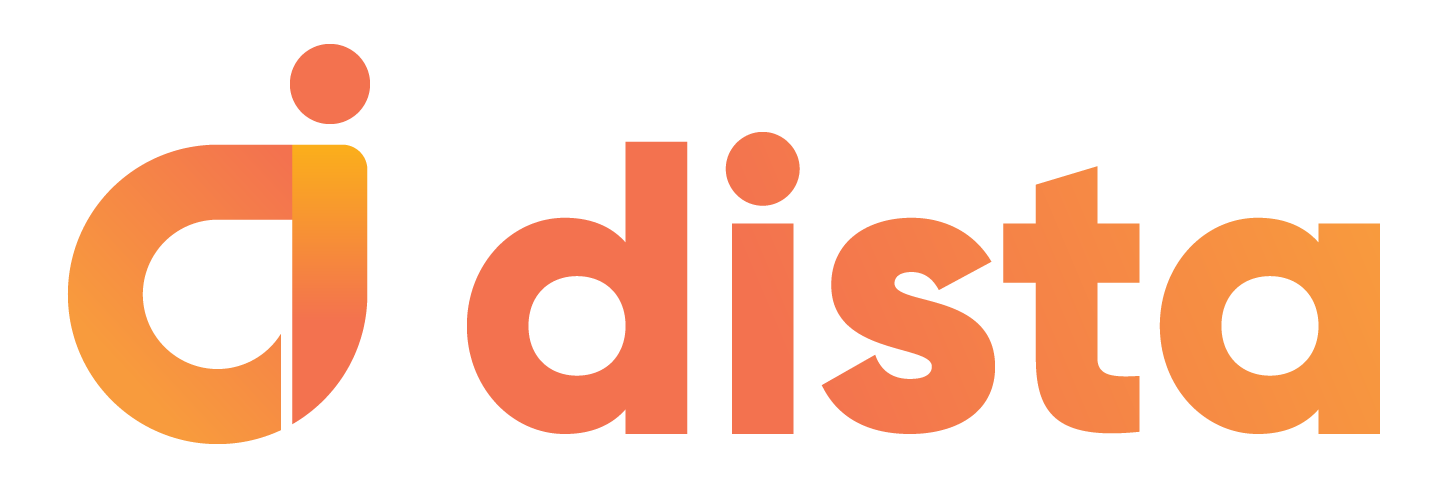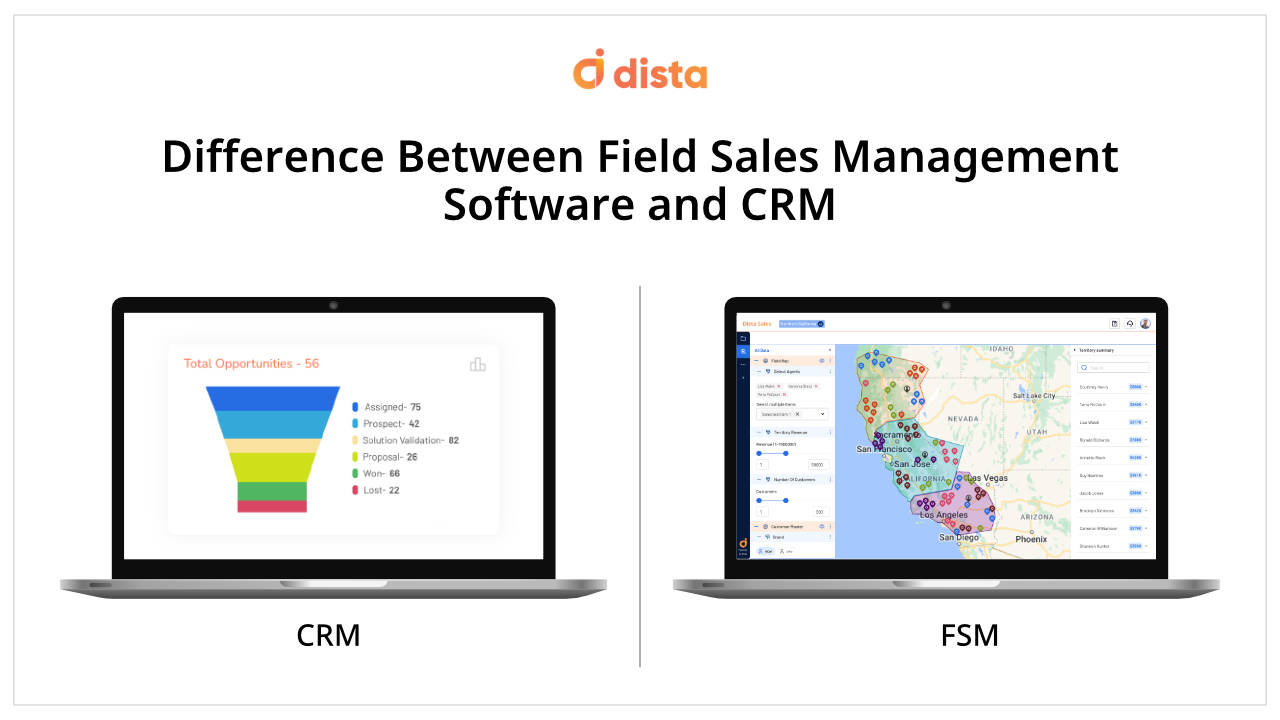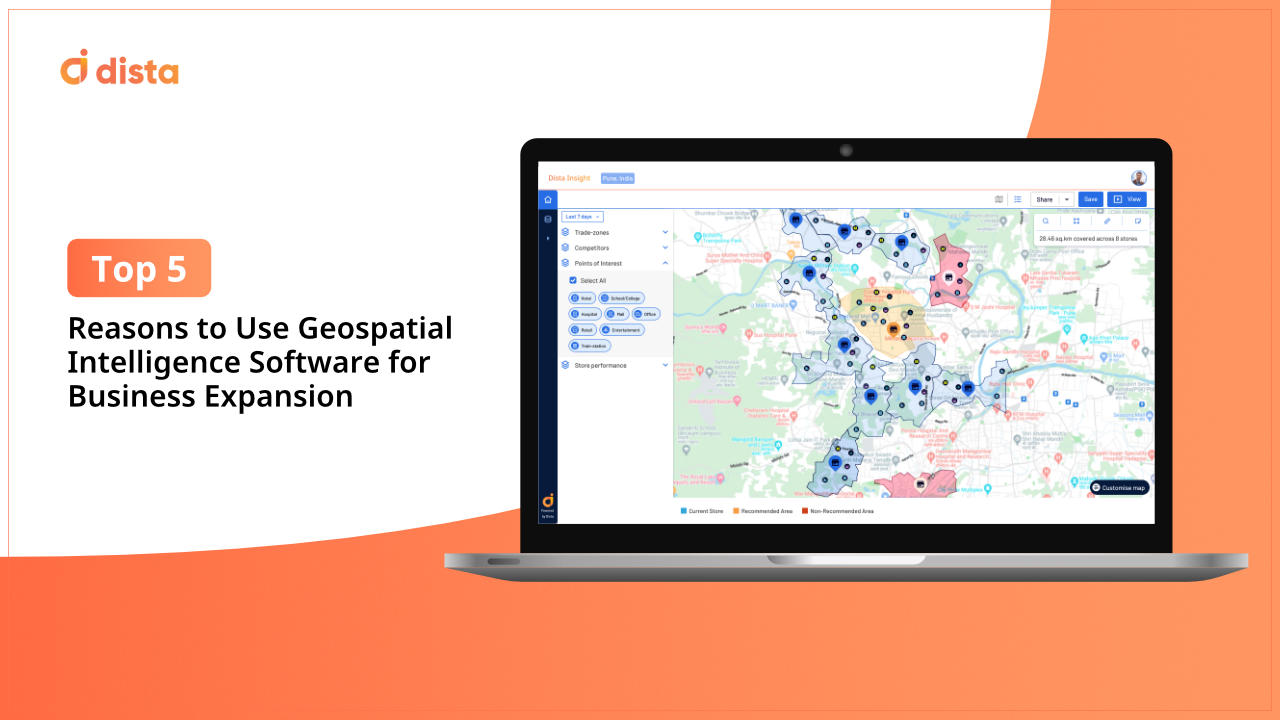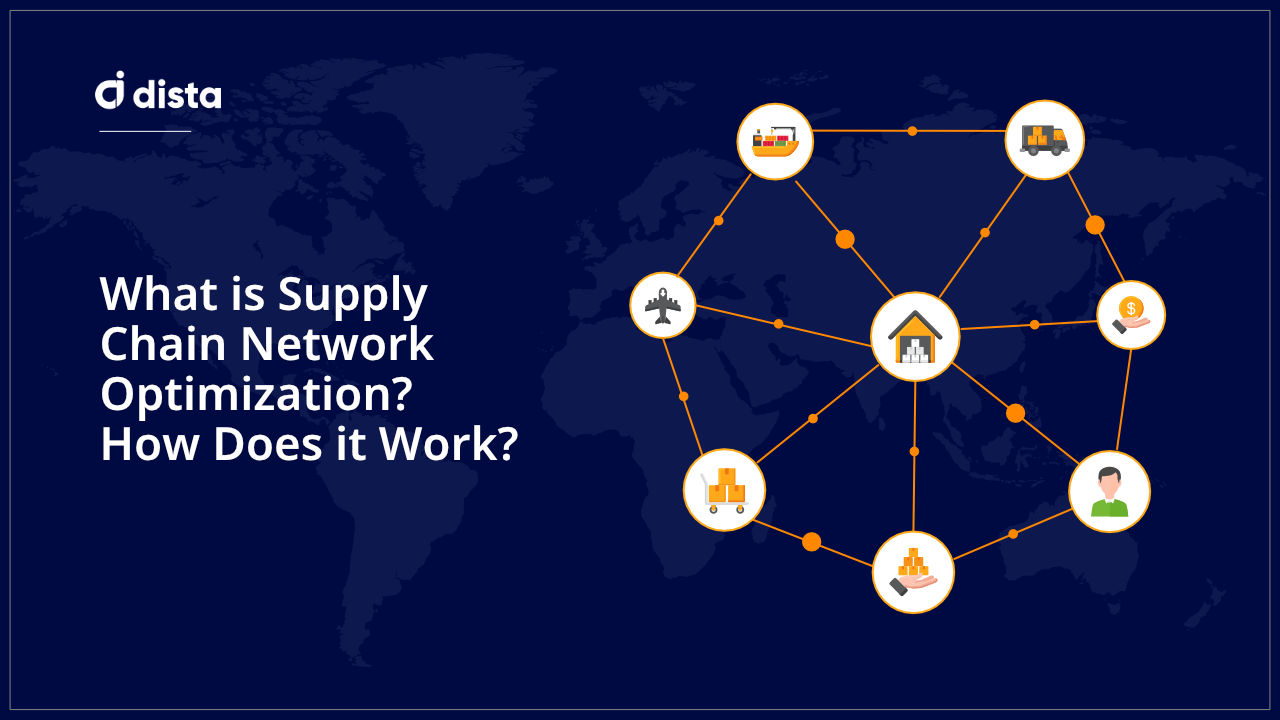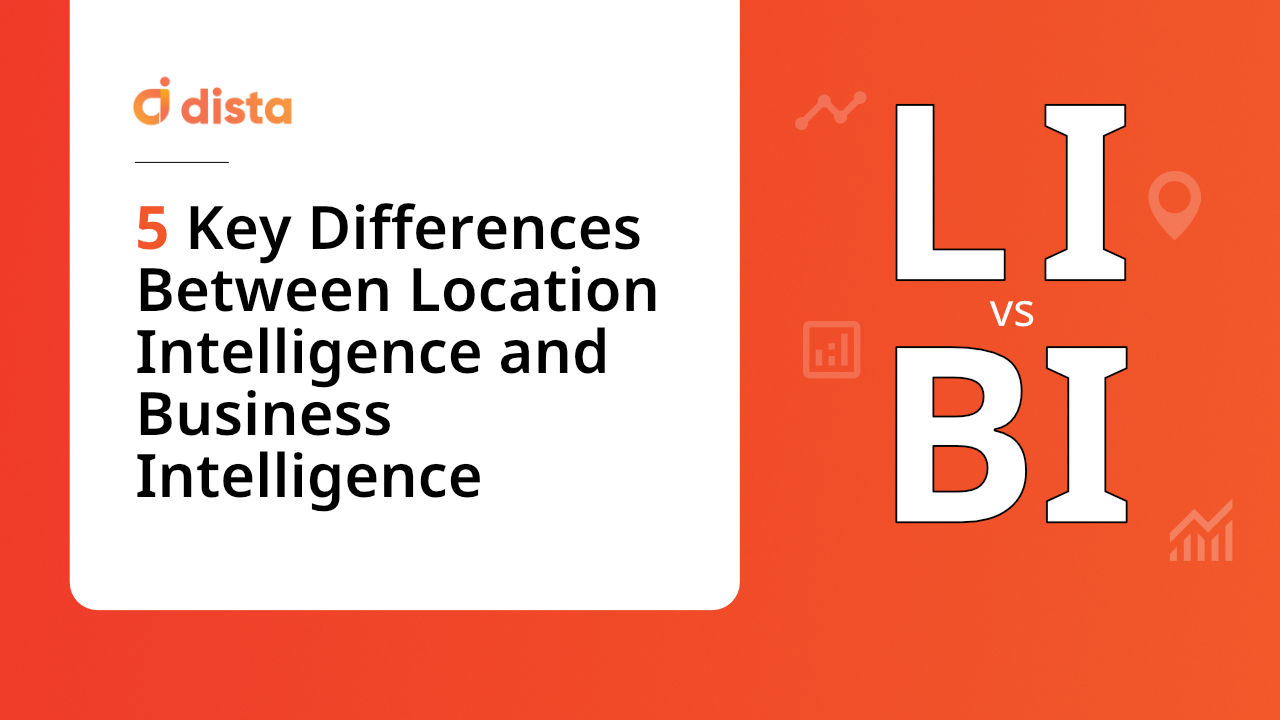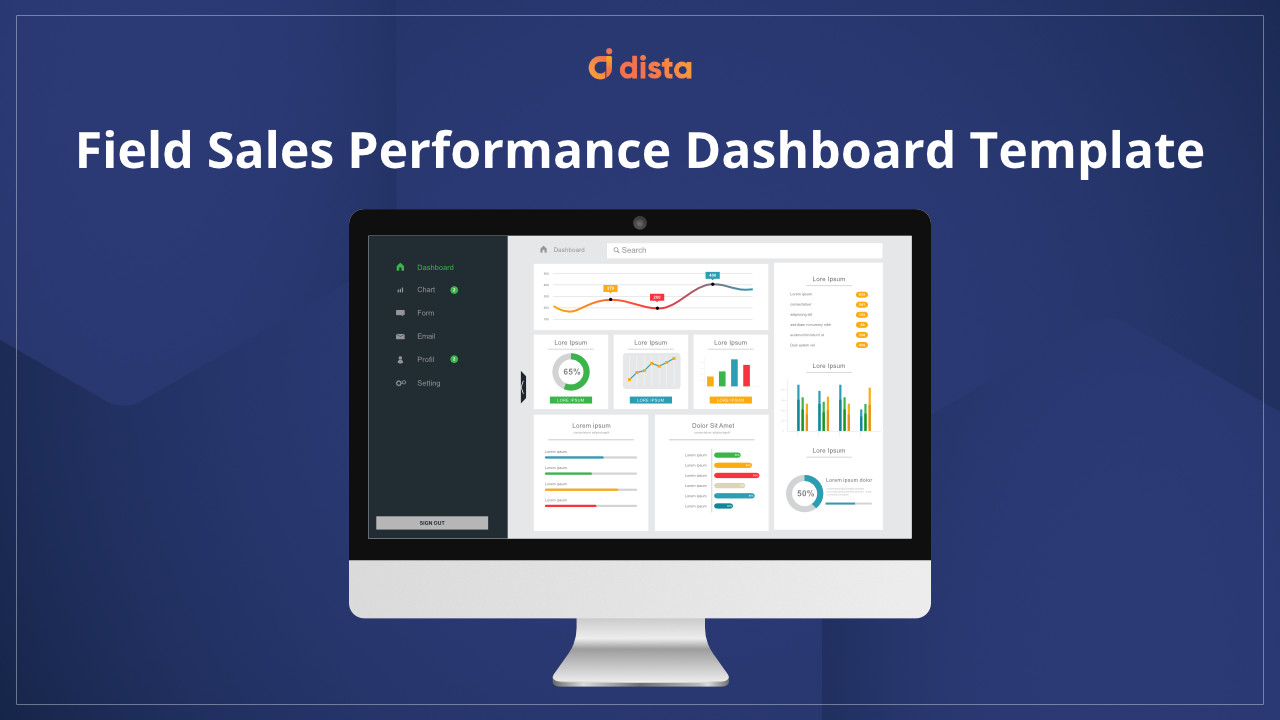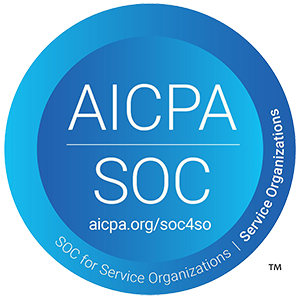When businesses scale and look for a sales management software, they often think of CRM (customer relationship management). But is CRM the best solution for all your needs? Equipping your sales teams with the right sales software is vital. Choosing a salesforce automation software depends on the nature of your business, the distribution of your field sales and inside sales teams, the sales cycle, time spent on the field, and documentation required, among others.
Some of the top common questions businesses come across are
- Is a sales force automation software different from a customer relationship management (CRM) software?
- What is a sales force management software, and how is it different from a CRM?
- Is mobile CRM the same as CRM?
- What is the difference between lead management software and CRM?
- What is the difference between CRM and sales management software? And which do you need?
- What are the benefits of choosing a field force management software over a traditional CRM?
We are breaking it all down here!
It is a common misconception that a field sales management tool is similar to a CRM tool. While there could be a few similarities between the two, in the actual context, a field sales management (FSM) software is designed for an entirely different purpose.
Field Sales Management Software vs CRM
A field sales management software helps businesses streamline and optimize their field efficiency. On the other hand, a CRM tool helps in managing customer communication throughout the entire sales lifecycle.
A CRM integrates all the functions in an organization and tracks down every interaction with a lead from initial contact to closure. A good CRM works like a nurturing tool to prospect a lead and take it to conversion.
However, what if the business is field-driven and the lead needs to be passed to your field sales team to drive it to closure? At this stage, a dedicated field sales management tool or a mobile CRM for the field is what the business truly needs. A field sales management software comes equipped with all the features that make field activity more efficient and productive.
Therefore, a field CRM works quite differently from traditional CRM because it addresses the critical field business needs instead of regular business needs concerning sales funnel management.
Why do You Need a Dedicated Mobile CRM or Field Sales Management?
Your field sales management tool helps you orchestrate this entire journey. With a mobile app available to your field force, the field CRM enables you to effectively track the whole lead management cycle.
With a powerful field CRM, you can
- Make field task allocation automated and intelligent
- Get real-time updates on your field resources
- Benefit from optimized routes in terms of time and fuel savings
- E-capture data and documents and become paperless
- Analyze field KPIs to know what to improve
Benefits of Field Sales Management Software vs CRM
1) Customer vs Field
2) From Sales Forecasting to Cross-selling
3) Monitoring Sales Team Performance
Both CRM and field sales management software are heavily reliant on team performance. Updates and alerts are populated in real-time in both the tools, which enables respective team members to take action in time. With a lot of the processes being automated, the time to take action is also optimized. However, a field sales management software deals with monitoring team performance concerning field jobs, unlike CRM which is related to managing the sales updates of a customer.
Imagine a field agent gets an alert about a route with heavy traffic. He is simultaneously guided to an optimized route, enabling him to complete his task without much worry and hassle. A CRM tool would not be able to do so and hence investing in a dedicated field management software makes absolute sense.
4) Reporting Critical Sales Data
CRM vs field sales management - a quick comparison
Customer Relationship Management
- Tracks customer activity
- Process customer data
- Track success of marketing campaigns
- Improve customer service
- Monitor support and service
- Sales forecast
Field Sales Management Software
- Automates field processes
- Better scheduling
- Live tracking
- Route optimization
- More visibility
- Field reports
CRM enables you to keep an eye on your high-value deals and review its progress. This involves taking a stock of your overall sales communication to your customers and how they are being handled at every stage to close the gap.
A field CRM or a mobile sales force automation tool is meant to deep dive into the efficiency of your field workforce. It focuses more on improving your field performance’s efficiency comprising automating tasks, scheduling the right resource, and enabling the suitable service delivery. It puts a mobile tool in the hands of your field force to improve the entire field sales and service journey. And most importantly, it functions as a coach to your field force, guiding them to take the best step at every stage in the field journey.
While CRM provides the breadth to your sales funnel, a field CRM gives it more depth, especially when you want to track your field operations’ productivity.
Want to focus on real sales management software that helps your field sales reps to track and close deals without spending hours filling out forms? Discover how easy field sales can be with Dista.
